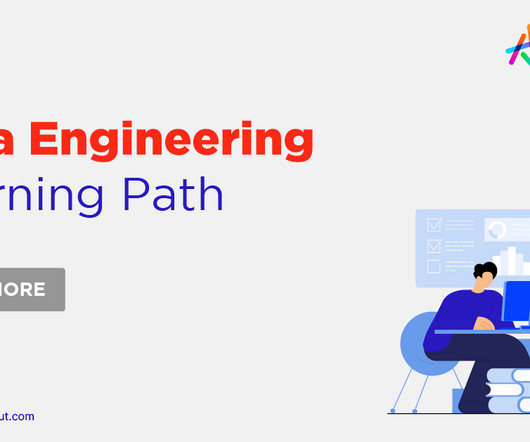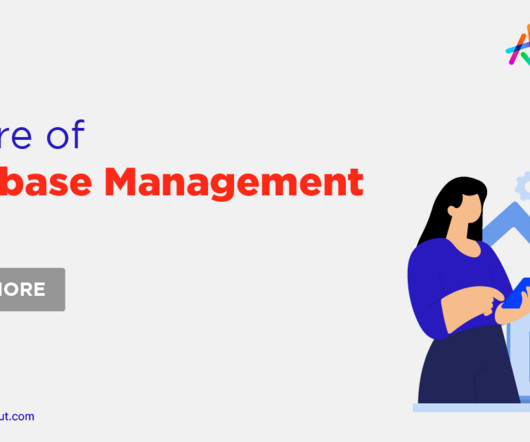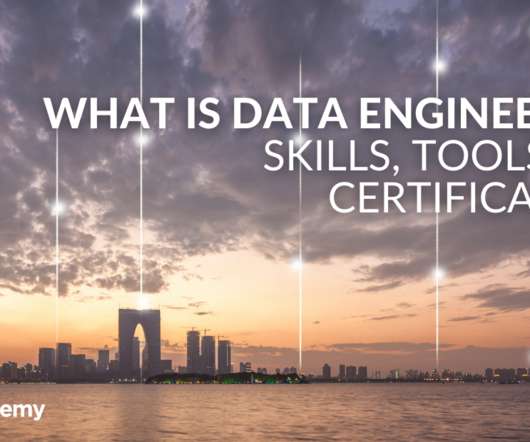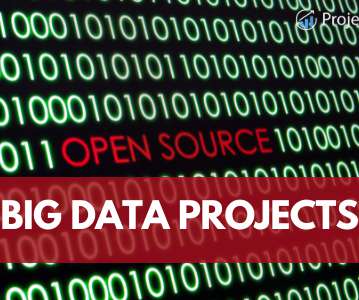Data Engineering Learning Path: A Complete Roadmap
Knowledge Hut
JUNE 23, 2023
Let us look at the steps to becoming a data engineer: Step 1 - Skills for Data Engineer to be Mastered for Project Management Learn the fundamentals of coding skills, database design, and cloud computing to start your career in data engineering. Pathway 2: How to Become a Certified Data Engineer?












Let's personalize your content